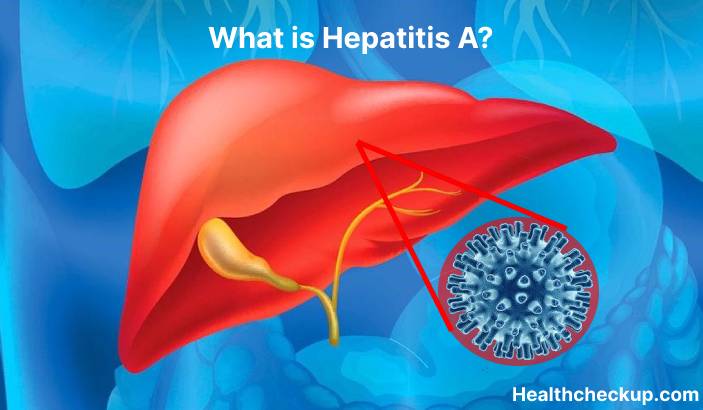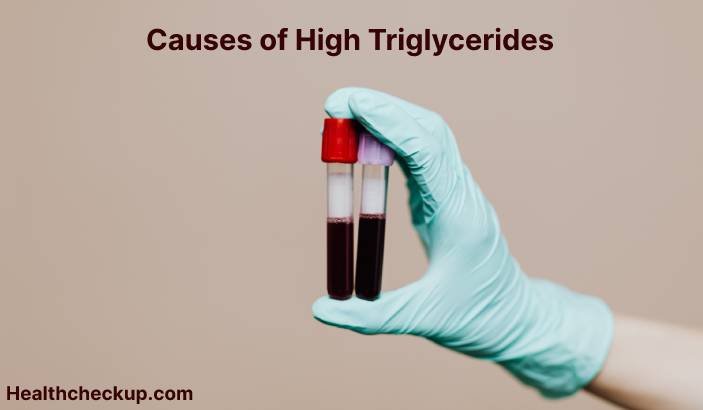Hepatitis A is a highly contagious viral infection that affects the liver. It is transmitted through contaminated food or water, or through close personal contact with an infected person. The virus is found all over the world, but it is most common in areas with poor sanitation and hygiene.
Symptoms of hepatitis A include fever, fatigue, loss of appetite, nausea, vomiting, abdominal pain, and yellowing of the skin and whites of the eyes (jaundice). These symptoms appear two to six weeks after exposure to the virus and can last for several weeks or months. Most people with hepatitis A will recover fully and will not develop chronic hepatitis, but severe cases can lead to liver failure.
Hepatitis A is diagnosed through a blood test that detects the presence of antibodies to the virus. There is no specific treatment for hepatitis A, and most people will recover on their own with rest and fluids. In severe cases, hospitalization is necessary to provide supportive care, such as IV fluids or medications to control fever or pain.
To prevent hepatitis A infection, it is important to practice good hygiene, such as washing your hands frequently with soap and water, especially after using the bathroom, changing a diaper, or handling food. It is also important to avoid eating raw or undercooked food, especially shellfish, and to drink only bottled or boiled water when traveling to areas where hepatitis A is common.
A vaccine is available to prevent hepatitis A infection. The vaccine is recommended for people who are at high risk of contracting the virus, such as travelers to countries with high rates of hepatitis A, men who have sex with men, and people with certain underlying medical conditions. The vaccine is given in two doses, six to twelve months apart.
In conclusion, hepatitis A is a viral infection that affects the liver and is transmitted through contaminated food or water, or through close personal contact with an infected person. Symptoms of hepatitis A include fever, fatigue, loss of appetite, nausea, vomiting, abdominal pain, and jaundice. Most people with hepatitis A will recover fully and will not develop chronic hepatitis, but severe cases can lead to liver failure. To prevent hepatitis A infection, it is important to practice good hygiene and to get vaccinated.








